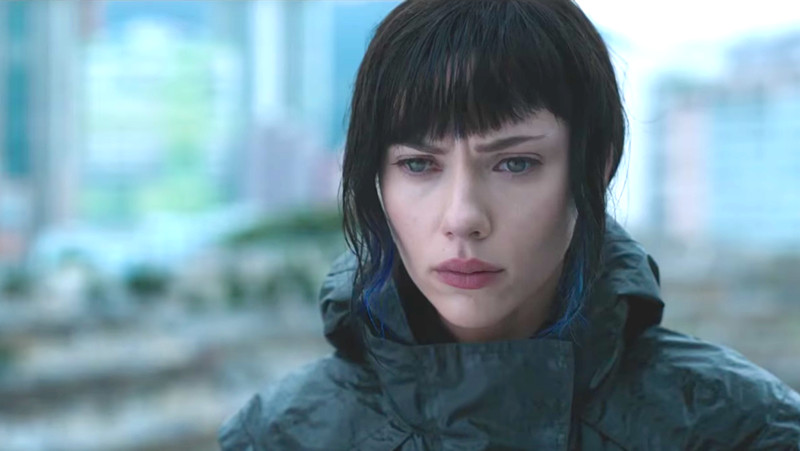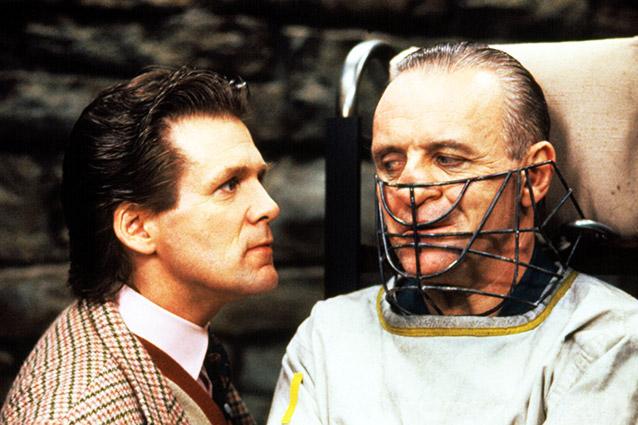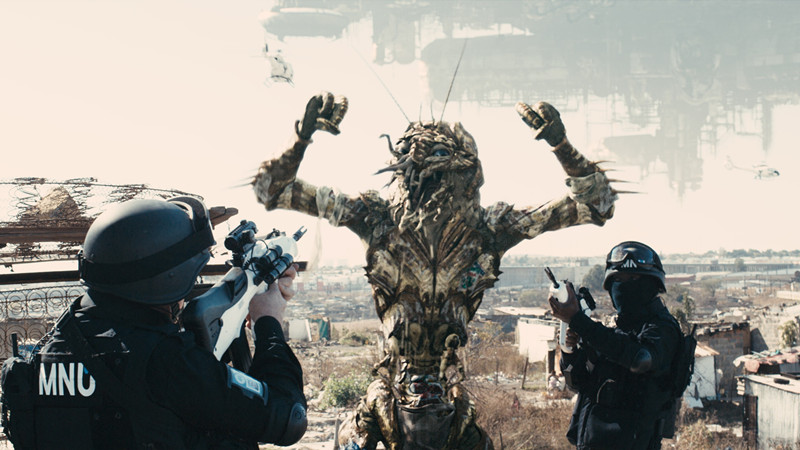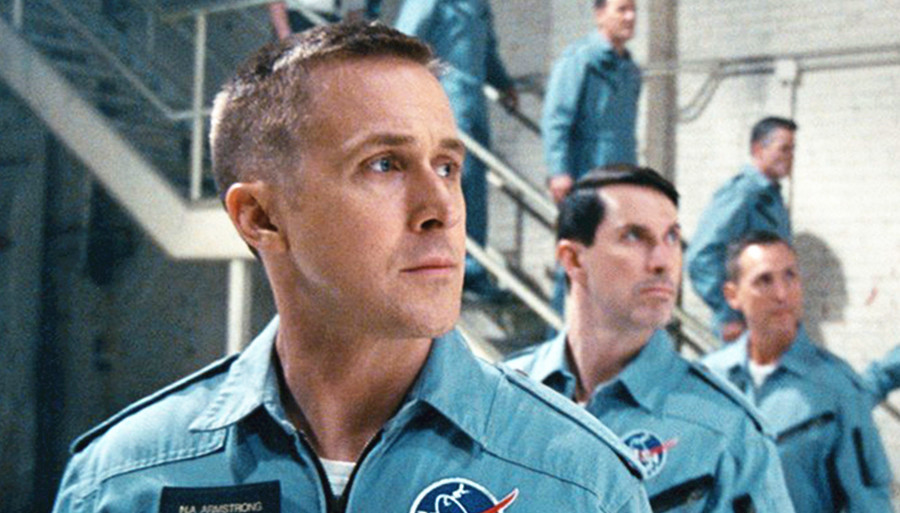6. Ghost in the Shell (live action) – Rupert Sanders

Ghost in the Shell, like Dr. Strange, suffered from the same problem – whitewashing. The original animation was Japanese, with some even calling it “about Asian things get”, and many felt that the live action version was far removed from this.
Most of the criticism was focused on the casting of Scarlett Johansson as the protagonist instead of an Asian actor. Some even pointed to how the film tries to make her look more Asian, particularly noting her dark hair and there were also rumors floating around that CGI had been used to make Johansson look more Asian, which have since been disproved.
Interestingly, the film didn’t draw much controversy in Japan itself with many not seeing an issue with casting a white actor in an Asian role. It has been noted that the film’s casting choices were more offensive to Asian Americans who often face marginalization in the US or are left heavily stereotypical roles.
Director Rupert Sanders didn’t see it as an issue. He defended his decision to cast Johansson in the lead role, praising her experience, which was also backed up by the original Japanese director Mamoru Oshii, who felt those who made an issue out of it where just politicizing it for their own motives.
Ghost in the Shell remains one of the biggest examples of whitewashing in Hollywood in recent times, and, after the uproar it caused, maybe will finally see directors moving away from it, at least for Asian characters (plenty of other races still see this happening all the time – Johnny Depp in The Lone Ranger).
7. The Silence of the Lambs – Jonathan Demme

The Silence of the Lambs may have won a number of awards, but unfortunately, it still ended up offending a number of people, particularly the LGBT community, many of whom detested the portrayal of character Buffalo Bill.
To them, Buffalo Bill was offensive because the character demonized transsexuals and homosexuals. Organizations, such as Queer Nation, suggest that the film promotes homophobia by connecting the character’s rampages with stereotypes like cross-dressing and owning a poodle. Others also criticized the actions taken by Buffalo Bill as sexist as well.
Director Jonathan Demme, however, didn’t believe this. He claimed that the character was motivated by his desire to change himself into something that was completely different to himself and that this didn’t necessarily reflect on his sexuality.
This may be true, but for many, this really wasn’t clear enough and was 100% related to his sexuality. That said, Demme did come to the realization that there aren’t many positive images of LGBT character in film, so he may have eventually recognized how Buffalo Bill’s character could be perceived as offensive.
8. District 9 – Neill Blomkamp

While highly praised for its creativity, District 9 is not without issues. There were plenty who felt uncertain about the change of filming style in the final act and some even noted similarities to the film Alien Nation. But in reality, the issues with the film are much deeper and controversial.
District 9 was most offensive towards Nigerian people who are portrayed very negatively throughout the film with no redeeming qualities. Throughout the film, they are portrayed as savages who live among the aliens, making a living through criminal activity and also practice cannibalism. Some even suggested that it reflects an anti-immigrant sentiment. It was so offensive the film was even banned in Nigeria.
To make things worse, some even criticized the casting of Sharlto Copley in the lead role of Wikus, saying that it fulfills the white savior stereotype. By doing this, the film fails to move past the real Apartheid many black South Africans experienced.
District 9 tries to be a commentary on the Apartheid government in South Africa but doesn’t quite hit the mark. Clearly, the issues spoken about weren’t ready to be discussed yet, at least by Blomkamp. While the film wants to talk about Apartheid, it does it in a way that is insensitive to race, which weakens its message.
9. The Imitation Game – Morten Tyldum

While The Imitation Game is a great film, it has largely been criticized for how detached it is from reality. In fact, there have been many people out there who have pointed out massive historical inaccuracies.
The most controversial changing of history occurs when Turing is arrested for supposedly collaborating with the Soviets, which never happened. In real life, Turing did work in the same area as a Soviet spy, but they apparently never met. This has been deeply criticized as it suggests that Turing would have been liable to charges of treason.
To make things worse, the reason Turing is forced to collaborate with the Soviets is because, somehow, they knew he was gay. Many also criticized this because they claimed it focused too much on his sexuality, diverting attention away from the real story.
Morten Tyldum, who directed The Imitation Game, excused the inaccuracies, declaring that the purpose of the film was not to project the entirety of Turing’s life but to create what the story of what Turing felt like. To him, artistic interpretation is more important than fact-checking.
While he has got a point, it is worth remembering that there are plenty of people who will view the film as an ‘ultimate truth’, which is irresponsible, and many more who will feel offended by the truth not being told. And, let’s be honest, Tyldum isn’t really trying to make art here, he’s trying to make a blockbuster film.
10. First Man – Damien Chazelle

First Man brought director Damien Chazelle plenty of unexpected controversy when the news emerged that the film did not show the American flag being planted on the Moon. For many Americans, it was a shock and hugely offensive.
What made it even worse was Donald Trump also commenting on the issue, suggesting that they were ashamed of being American, and it is believed that this had a negative effect on the film’s performance at the US box office. The casting choice of Ryan Gosling, who is Canadian, in the lead role of Neil Armstrong also didn’t help either.
Chazelle never saw any of this being an issue and viewed the Moon landing as not just a major American event, but an event to be celebrated by the whole world. He also argued that he did show the flag on the Moon, just not when it was planted, and that the film was always about Neil Armstrong, the ‘first man’, not specifically about the Moon landing. Chazelle was also praised by Armstrong’s family for his extensive research.